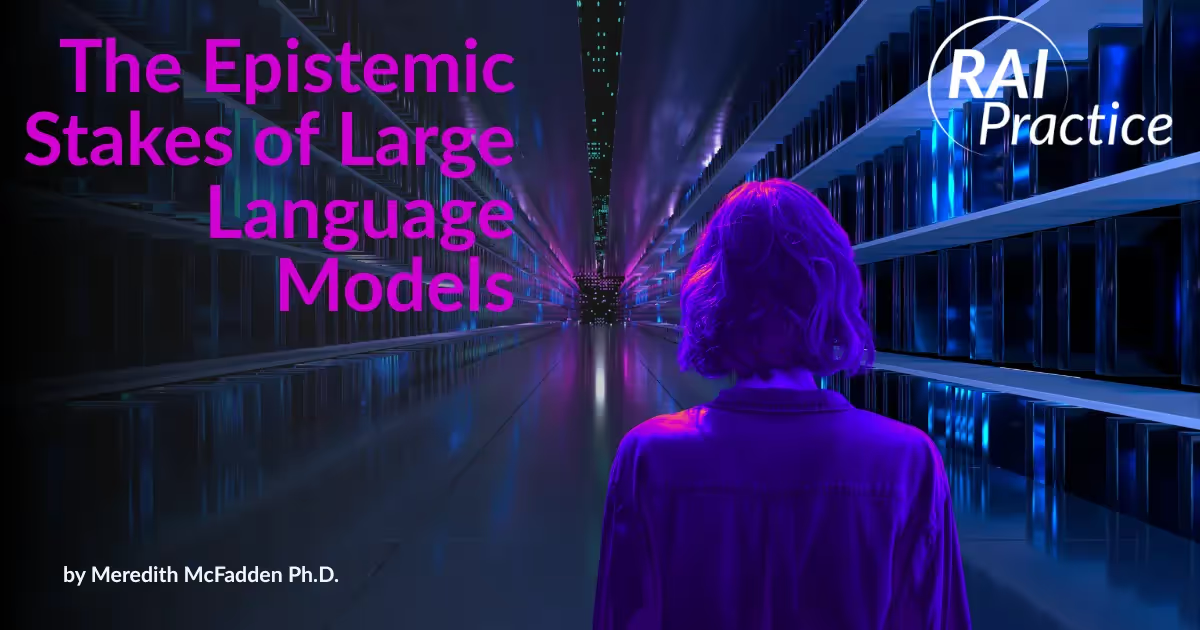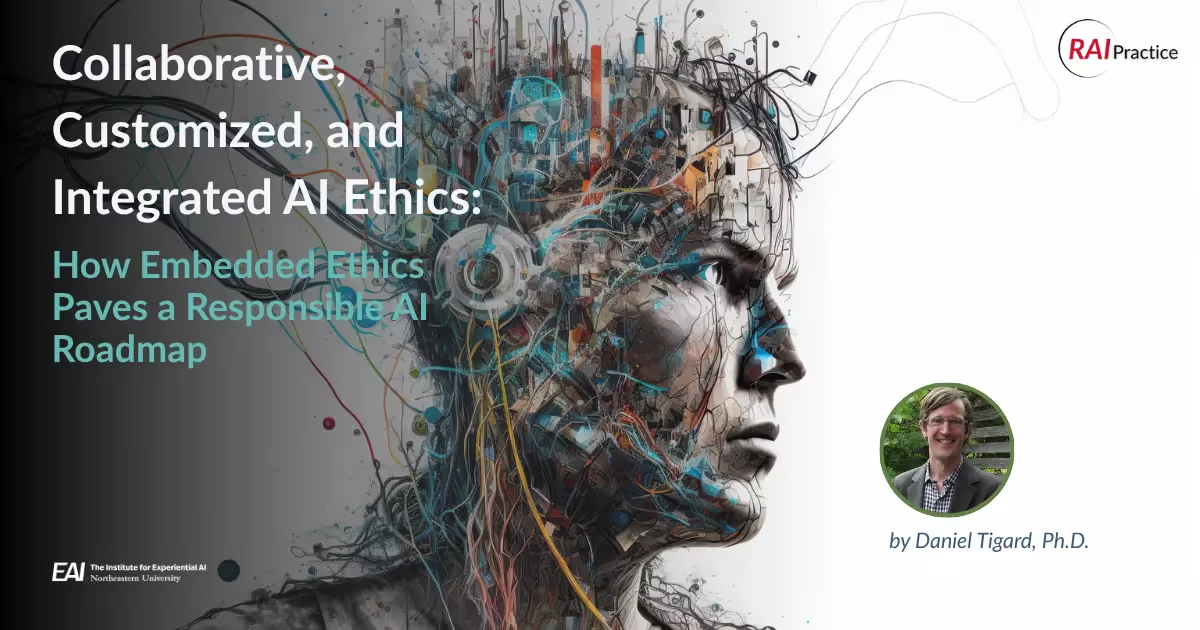KDD 2024: Ricardo Baeza-Yates on the Limits of LLMs and Generative AI

Do large language models “understand” in the usual sense of the word? Many experts would say no, but that doesn’t mean the ethical implications are any less daunting—or risky.
At ACM KDD 2024 in Barcelona, Spain, AI researchers from around the world gathered to talk about the theoretical and empirical possibilities of AI, including the scope of Responsible AI in limiting its most harmful consequences. Ricardo Baeza-Yates, director of research at the Institute for Experiential AI, co-organized the event, including a special Responsible AI Day on Aug. 27. On Aug. 29, as general co-chair, he moderated a panel on generative AI attended by hundreds of people, raising the question of what or how much a large language model “understands.”
“We don’t know what we don’t know,” Ricardo said. “So as a moderator, I pressed the panelists to talk about how much understanding they believe AI systems have, as well as the proper uses for generative AI, given those limitations.”
The event also served as a moment to reflect on the newly passed EU AI Act, which went into effect on Aug. 1. While the law is the world’s most comprehensive legal framework governing the use of AI, it faces a number of problems—problems found in other recent regulatory actions, such as the Biden administration’s 2023 executive order on “safe, secure, and trustworthy artificial intelligence.” The prevailing approach to regulating AI, Ricardo explained, seems to misplace the object of concern.
“The most fundamental problem is that we shouldn't regulate the use of technology,” he said. “This is like saying you shouldn't hit a person with a hammer, but the right rule would be, you shouldn't hit a person. Period.”
Speakers and panelists at KDD also criticized the ambiguity with regards to measuring “risk,” which is a fundamentally ambiguous concept.
“The EU AI act is based on three levels of risk: forbidden, high-risk, and limited risk,” Ricardo said. ”And of course, by default we have ‘no risk.’ Well, these categories don’t exist in the practice, so we don't know how to measure risk. And where would you put the boundary line between these categories? Risk is a continuous variable, so enforcing it will be problematic.”
Many seem to agree, however, that some regulation is better than no regulation, even as the technology evolves faster than the law can keep up.
“For example,” Ricardo says, “before ChatGPT, nobody was worrying about copyright. “Now copyright is a huge issue because content is being scraped from everywhere and there are many cases that are already in court, like the New York Times case against OpenAI or Getty Images’ against Stability AI and so on.”
What do AI systems “understand?” What do they “know?” Maybe we should turn the question on ourselves.
Learn more about Ricardo’s work and the Responsible AI practice at the Institute for Experiential AI.


.avif)

